

|
HOME BIOGRAPHY BIBLIOGRAPHY CONTACT
Novels
|
||
 |
The Eagle on the Coin (1950) R.V. Cassill's first novel is a frank and probing look at race relations in a small Midwest town in the 1950s, exploring race and "A very impressive first novel by a talented writer." — New York Herald Tribune "A probing and profound look into America's soul." — Hartford Times "Thought-provoking and well written." — Norfolk Pilot
|
|
|
|
||
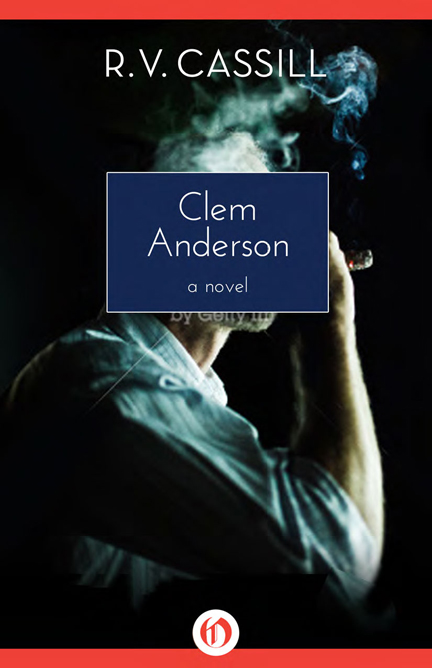 |
Clem Anderson (1960) Widely recognized as R.V. Cassill’s masterpiece, Clem Anderson is the story of an author whose astonishing talents are outmatched “The best novel I know of on the subject of writing, or on the condition of being a writer.” — Richard Yates "A brilliand satirical study as well as a masterful piece of comedy. There is running commentary on the whole post-war generation "The best of the 1961 novels I have read. Clem Anderson deserves the National Book Award." — Los Angeles Times "Clem Anderson is that much-cited and seldom-seen phenomenon: a major novel." — Atlanta Journal & Constitution "A massive, significant work . . . a gifted novelist." — Chicago Tribune "Vivid, soaring - by any stardards this is a notable novel." — Saturday Review Syndicate
|
|
|
|
||
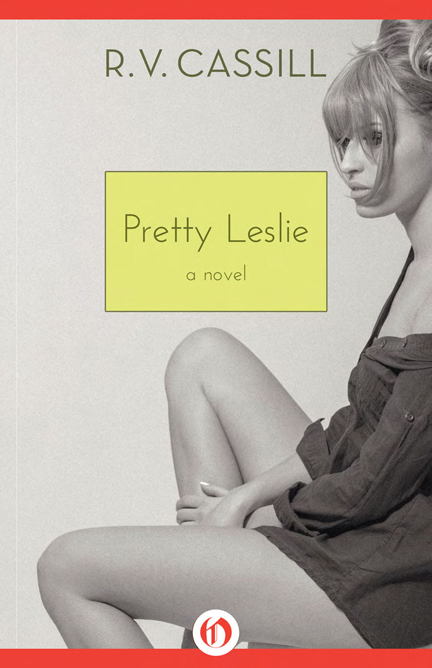 |
Pretty Leslie (1963) Beautiful, intelligent, and charming, Leslie Daniels is the wife of a successful Illinois physician. To her friends and family, she is happily living the American dream. But there is a hidden side to Leslie, a side propelled by lust and unsettling impulses that run completely counter to her comfortable Midwestern routine. “Here is the substance of great tragedy…Pretty Leslie is one of the most outstanding novels of the year.” — Atlanta Journal-Constitution "In many ways an American Madame Bovary, Pretty Leslie is a novel of unusual power. Mr Cassill establishes himself as an observer of rare trenchancy. His intelligence is tough; his grasp of character is breathtaking and his prose is always a delight. Pretty Leslie is a jolting, disturbing book -- its revelation of the darkenss within will make some readers cringe, but it stamps Mr. Cassill as a writer of the first rank." |
|
|
|
||
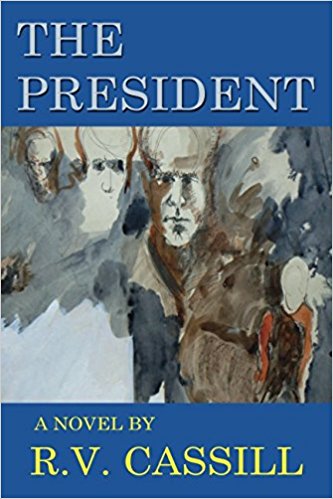 |
The President (1964) Major Royce Morgan came out of the Army in 1945 expecting soon to be the twelfth president of Wellford College. That is to say, "Intriguing and timely." — New Yorker "Darkly humorous." — Cleveland Plain Dealer "A perfect novel of Political Correctness run amok." — Chicago Sun Times “Campus politics worthy of a Greek Tragedy.” — Providence Journal
|
|
|
|
||
 |
La Vie Passionnée of Rodney Buckthorne: Is sex the basic force of life or is it a terminal disease? For Rodney Buckthorne, sensitive satyr, literate lecher, aging Bohemian "My favorite Cassill novel." — Wirt Williams, author of The Trojans "Sexy . . . funny . . . enlightening." — Playboy "An extravagant romp through fields of literary sexuality." — Los Angeles Times
|
|
|
|
||
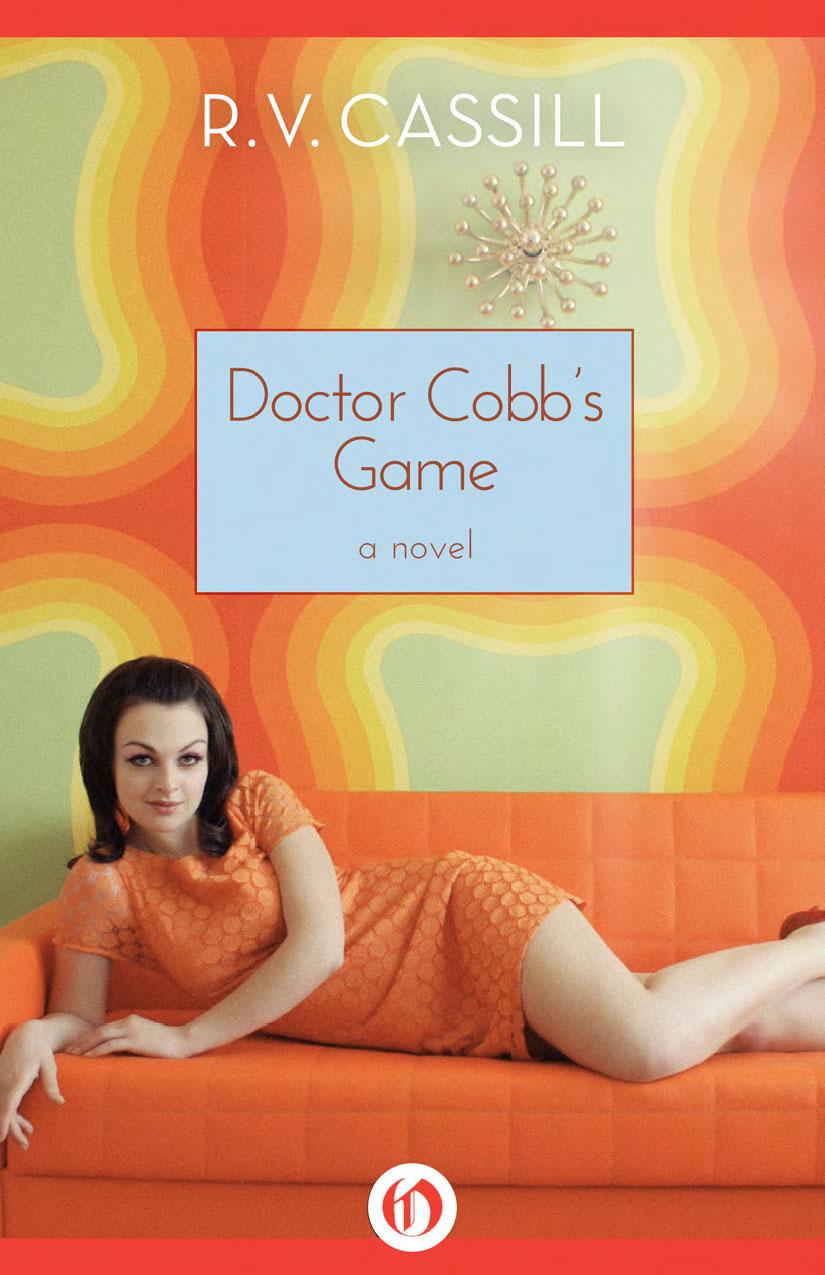 |
Doctor Cobb's Game (1969) Based on the outrageous events of England's Profumo Affair, R.V. Cassill’s bestselling novel is an unforgettable story of a lust powerful enough to topple a nation. “A daring, enormously sexy book on themes of occult power, leadership and carnal love.” — Newsweek “His best book.” — New York Times “Besides his skill with characters, Cassill is remarkably adroit at capturing moods—domestic, supernatural, and, of course, psychosexual. I know of only two writers who rival him in this respect. Their names are D. H. Lawrence and Norman Mailer.” |
|
|
|
||
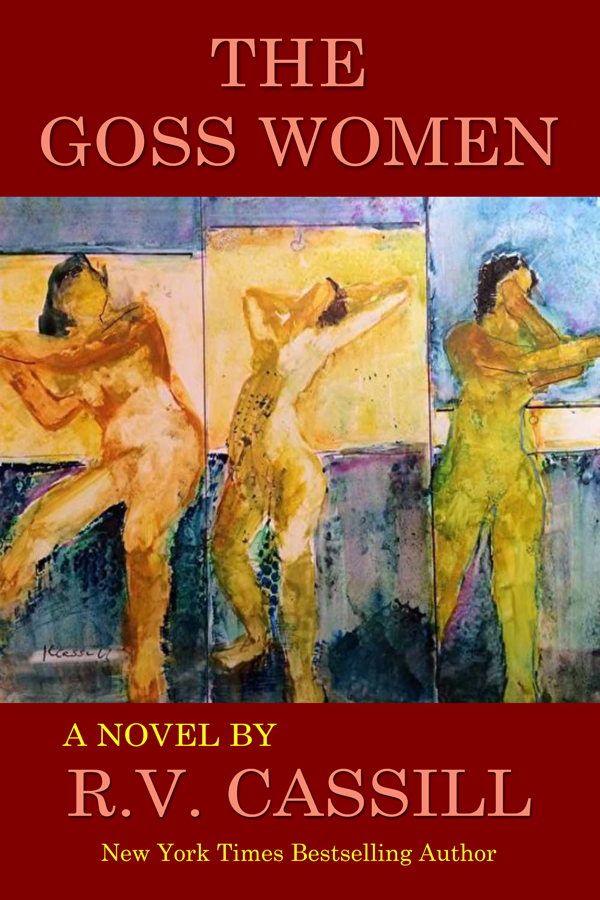 |
The Goss Women (1974) The frenzy of a long life has cooled for Dean Goss. The maverick leader of American art hs settled down amid riches and fame after the death of his beautiful second wife. But his gifted son Jason becomes enchanted by a radiant and barbaric girl with a genius for disruption. The troubled Jason shows off this girl to his father - and the calm of his life's end is shattered for Dean Goss. Again he is swept into updrafts of creative and erotic forces. To ride these frenzied currents up beyond mortal ken is a challenge for a titan. The artist claims his greatness by accepting the gamble. "A deep and exciting exploration of sex and creative energy. . . One of our finest American writers." — James Dickey "R.V. Cassill is our D.H. Lawrence; The Goss Women is his Women in Love with hooded, fierce touches of The Plumed Serpent." "It's magic, a pure pleasure to read and a rich experience to remember." — George Garrett |
|
|
|
||
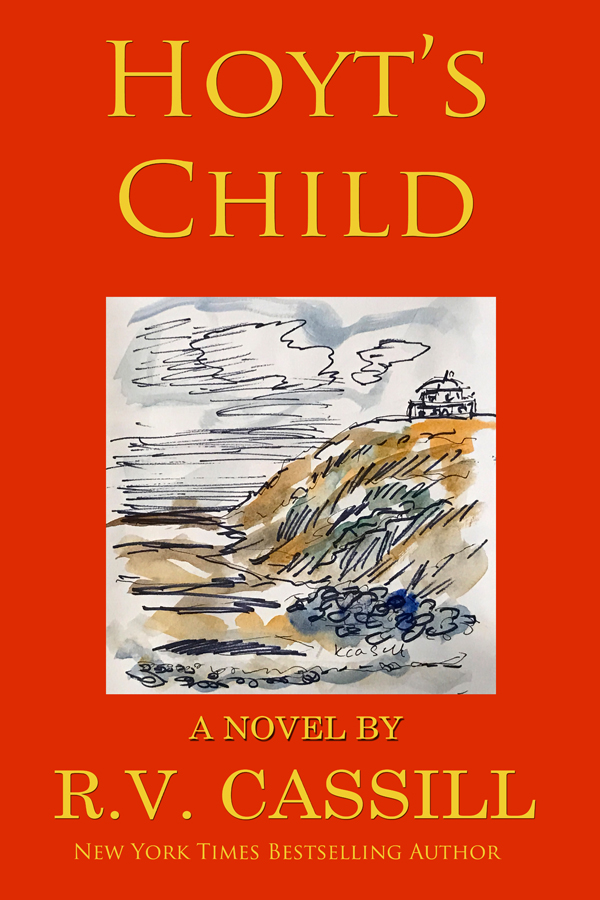 |
Hoyt's Child (1976) A novel about money and power: a modern day robber baron is faced with the crumbling of his financial empire and the kidnapping of his daughter by a group of radicals. "Like Dreiser and Faulkner, Cassill takes the fragments of a sensational true story and weaves them into a compelling novel." "Cassill moves beyond the buzz and chatter of daily headlines to produce a memorable book." — Chicago Sun Times "An unrelenting tour de force." — Washington Post “A towering creation . . . a fiction as real and as possible as actual history.” — Houston Post "Reads like an express train." — Louisville Herald Leader "Taut . . . suspensful . . . a whirlwind. . ." — Denver Post |
|
|
|
||
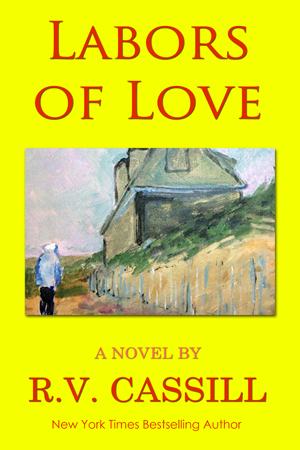 |
Labors of Love (1980) With two children, a summer home on Cape Cod, a wife at Harvard Business School, an inability to write the Great American Cassill has come up with sunken treasure again - it's wise, witty, beautifully crafted, full of tears and gutsy laughter." "There is tremendous vitality in this novel - in its volatile characters, its swift pacing, and its sharp evocation of nature. "A fast and funny novel...perfect entertainment." — The Boston Globe "One of the best books of the year." — New York Times Book Review "Many moments of insight, humor and passion which make it a highly readable and entertaining novel." — Hartford Courant "With the irony of Updike, the bite of Albee, R.V. Cassill has written a deliciously 'true' novel of mid-life passage..." —Miami Herald |
|
|
|
||
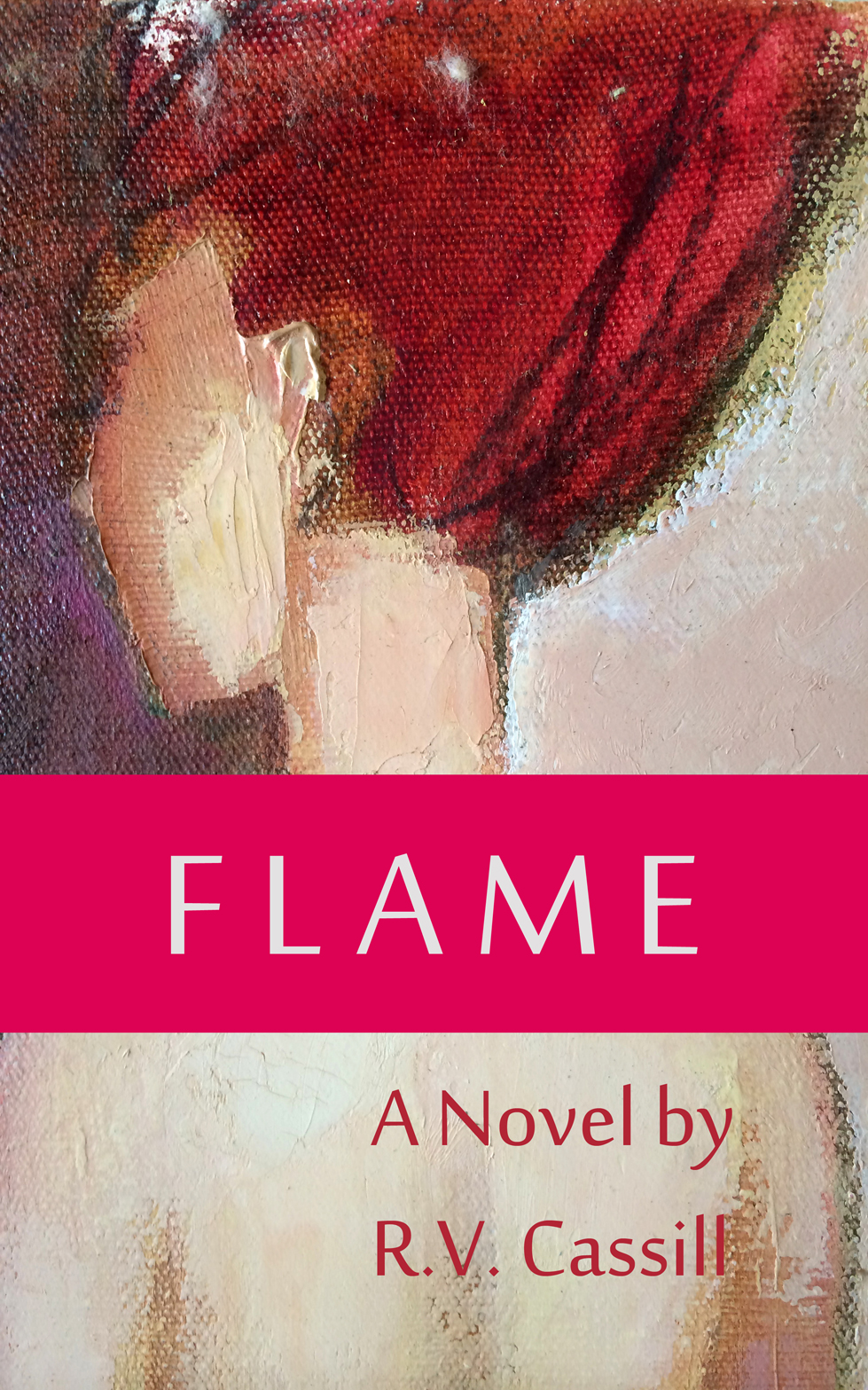 |
Flame (1980) "A dazzling, moving portrait." — San Diego Union Tribune "A dark journey through the heart of Hollywood." — Providence Journal "Cassill's fictional Kelly Rayburn follows the same path as other Hollywood famous starlets like Susan Hayward and Marilyn Monroe." |
|
|
|
||
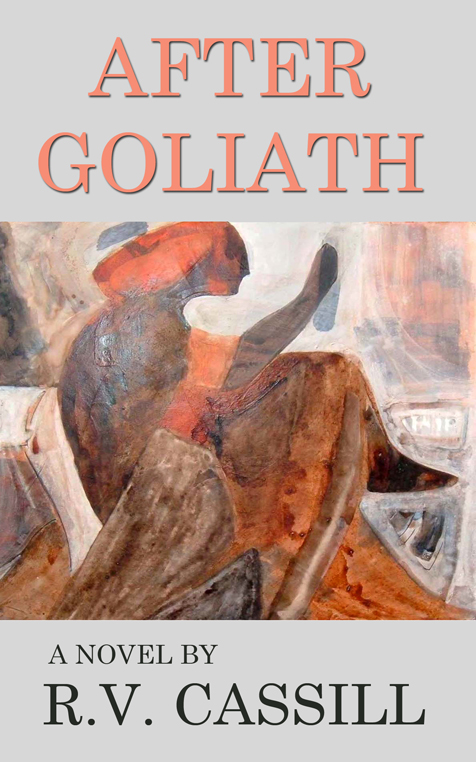 |
After Goliath (1985) Through the eyes of Joab, the King's good right arm, we see David the brawling warrior, the fool for love, the bedeviled father, the Told in a melange of lively voices, the tale rises from burlesque to heroic comedy, from which emerges a mortal tower of a man. "Funny . . . irreverant . . . marvelous!" — New York Times "A singularly distinct take on a time-honored story by one of America's best writers." — Boston Globe "You will never look at the Bible quite the same way again." — Des Moines Register "A comic tour de force." — Seattle Times |
|
|
|
||
 |
The Unknown Soldier (1991) | |
|
|
||
 |
The Man Who Bought Magnitogorsk | |
|
|
||
 |
Jack Horner in Love and War (2015)
|
|
|
|
||
|
|
||
|
Short Story Collections
|
||
 |
15 x 3 (1957) (with Herbert Gold and James B. Hall) |
|
|
|
||
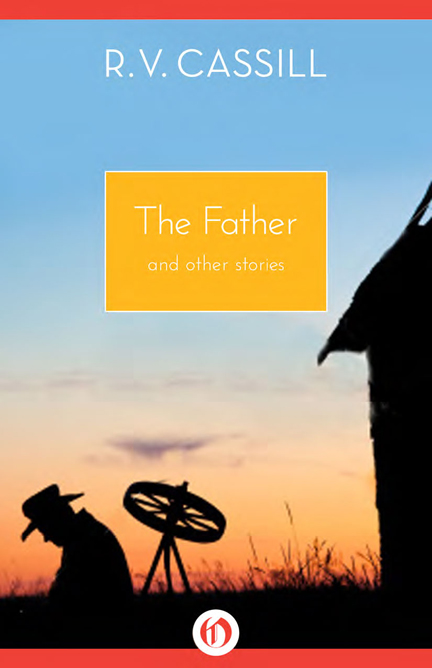 |
The Father and Other Stories (1965) A masterful, multifaceted story collection from one of American literature’s most influential writers and teachers. As a creative writing teacher whose students included Raymond Carver, Joy Williams, and Andre Dubus, and as longtime editor of In “This Hand, These Talons,” a former combat pilot grapples with the dislocations of peacetime. “The Prize,” an O. Henry Award winner, Across a broad range of characters, tones, and settings, Cassill finds beauty and insight wherever he looks. The Father and Other
|
|
|
|
||
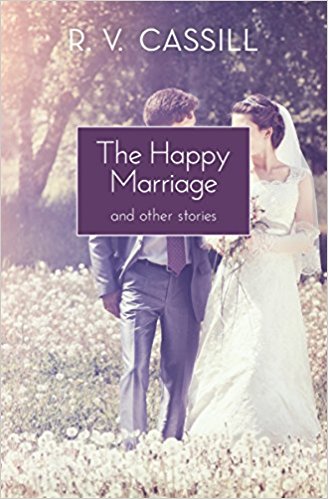 |
The Happy Marriage and Other Stories (1965) Beautifully rendered and psychologically astute tales of life, family, and art from a true American master. “The Sunday Painter,” a surprisingly comic tale, is the account of an amateur artist whose obsession with distilling his work to its As the editor of The Norton Anthology of Short Fiction, a founder of the Association of Writers & Writing Programs (AWP), and a |
|
|
|
||
 |
Three Stories (1982) | |
|
|
||
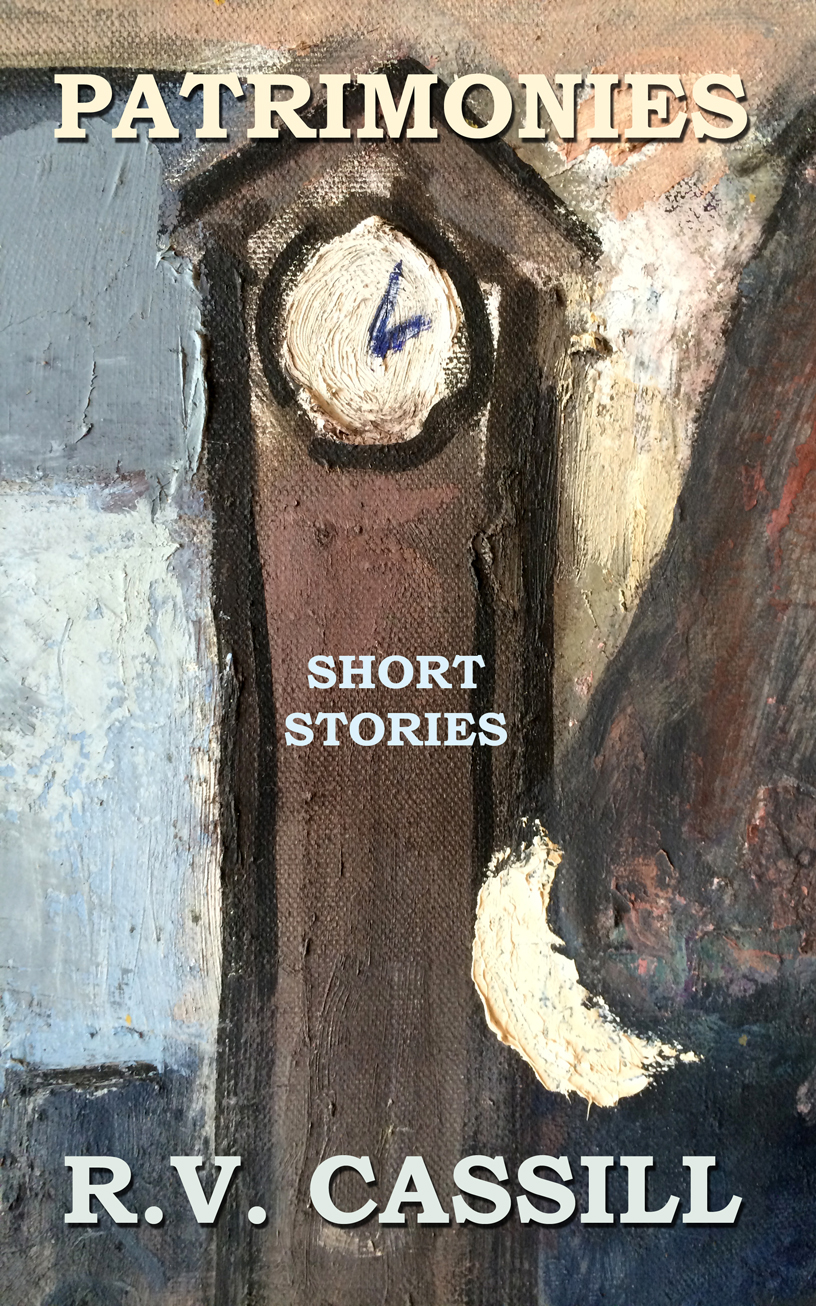 |
Patrimonies (1988) | |
|
|
||
|
|
Collected Stories (1989) Thirty-nine stories from one of America's most accomplished writers. "Cassill has been a master of the American short story for forty years, and this is a brilliant showcase of his work." "In the world of short fiction, this collection of thirty-nine stories is a major event, for R.V. Cassill is a literary artist, a modern master of "R.V. Cassill is a writer very much in the American vein; in this collection he captures the spirit of life at the heart of this country over ''Just about every story in this collection is a textbook example of what a piece of short fiction ought to be: immediately engaging,
|
|
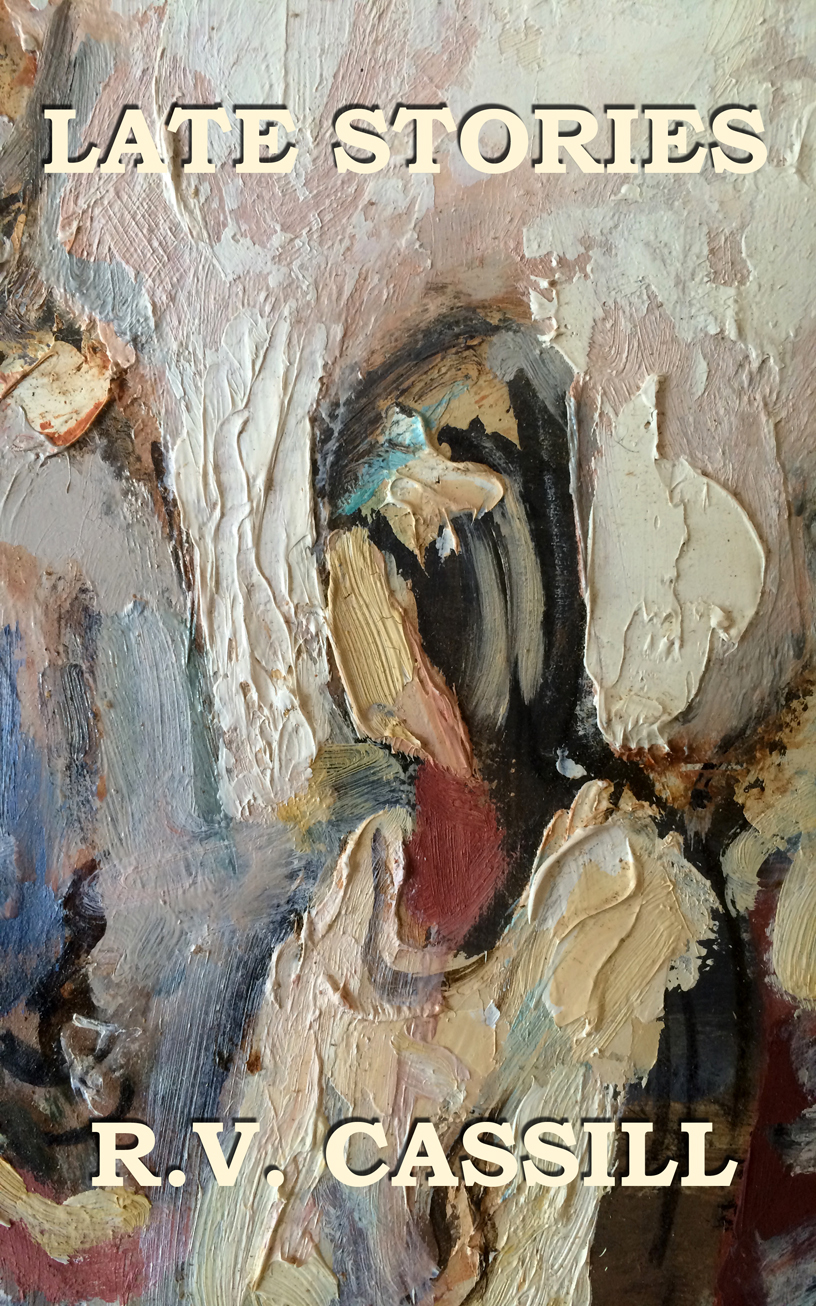 |
Late Stories (1995) Three outstanding stories by R.V. Cassill Sand |
|
|
|
|
|
|
Other
|
||
 |
The General Said "Nuts" (1955) |
|
|
|
||
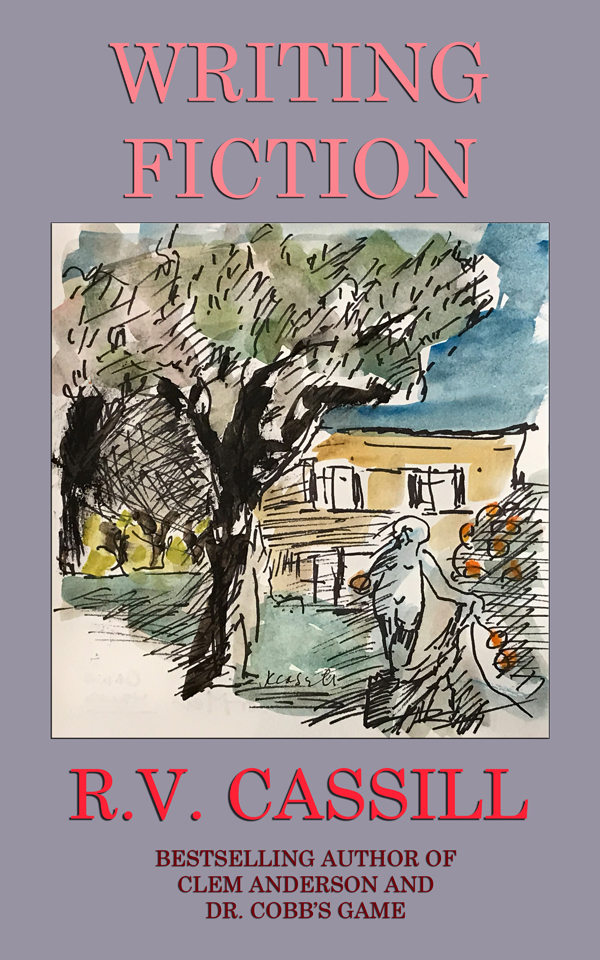 |
Writing Fiction (1975) First published in 1963, this book has helped generations of aspiring writers with concise practical and philosophical advice. In addition to being a bestselling author of over 20 novels and 60+ short stories, Cassill taught fiction writing to thousands of This latest edition contains an additional previously unpublished essay: THE VISUAL ELEMENT IN FICTION. |
|
|
|
||
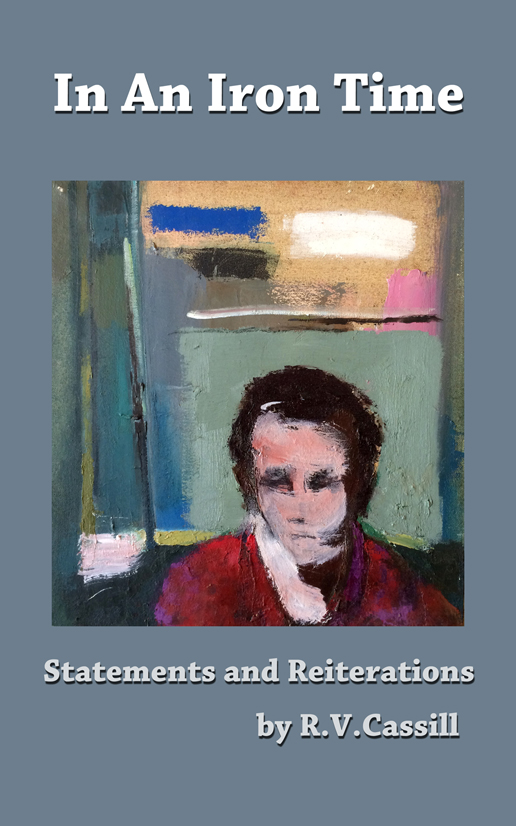 |
In An Iron Time: Statements and Reiterations: Essays (1967) In this wide-ranging volume, R.V. Cassill has put together a collection of 15 of his own essays which he refers to as " a personal, critical appraisal of the crisis of our times as it is reflected, primarily, in literature." As a writer and critic he is concerned about the prevailing American view of art that equates excellence and quality with price and best-sellerdom. His primary concern is with literature: the idolatry of “great books" that confuses literature as art with literature as print. "What counts is not the proximity of good books but the good and bad usages of books, with the engagement of minds on the terrain of the book."
|
|
|
|
||
 |
R.V. Cassill 'Festschrift' (special edition of December Magazine 1981) | |
|
|
||
|
|
||
|
|
||
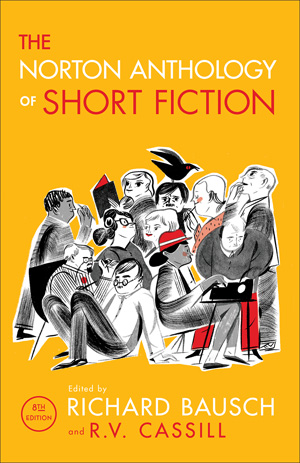 |
Norton Anthology of Short Fiction (1978–2001) (editor) | |
|
|
||
 |
Norton Anthology of Contemporary Fiction (1998) (editor with Joyce Carol Oates) | |
|
|
||
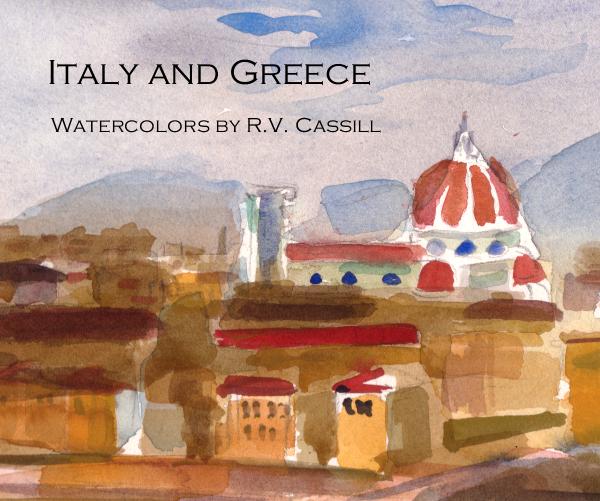 |
Italy and Greece: Watercolors by R.V. Cassill | |
|
|
||
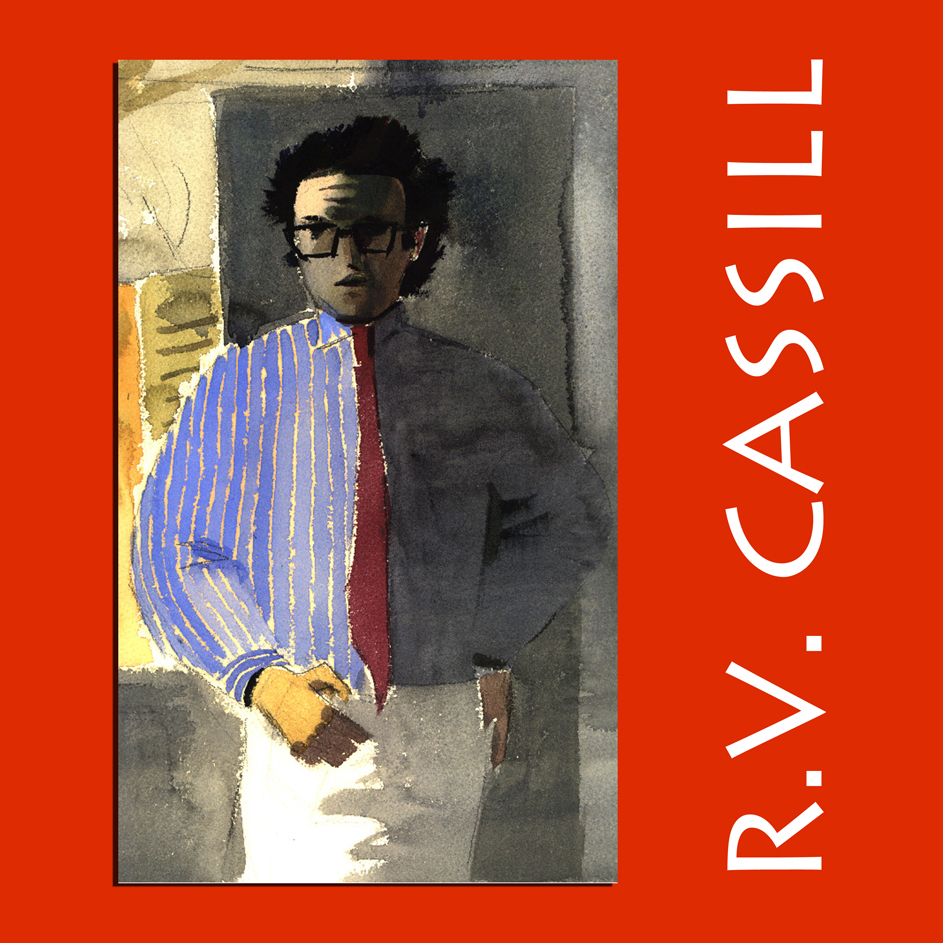 |
The Art of R.V. Cassill | |
|
|
|
|